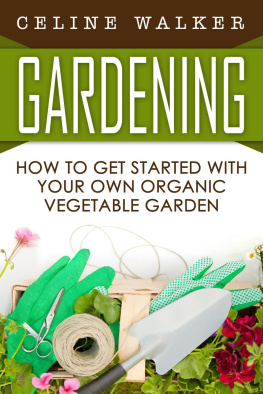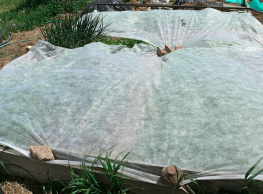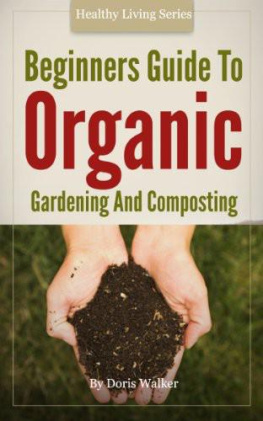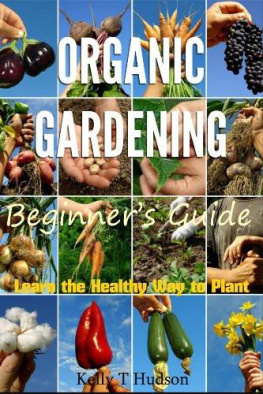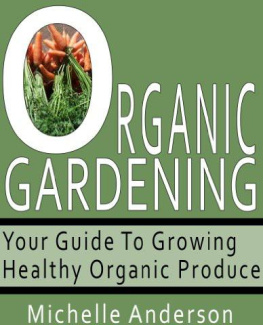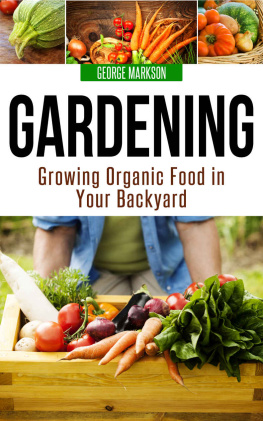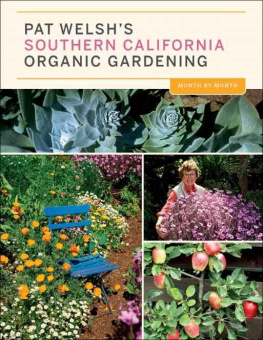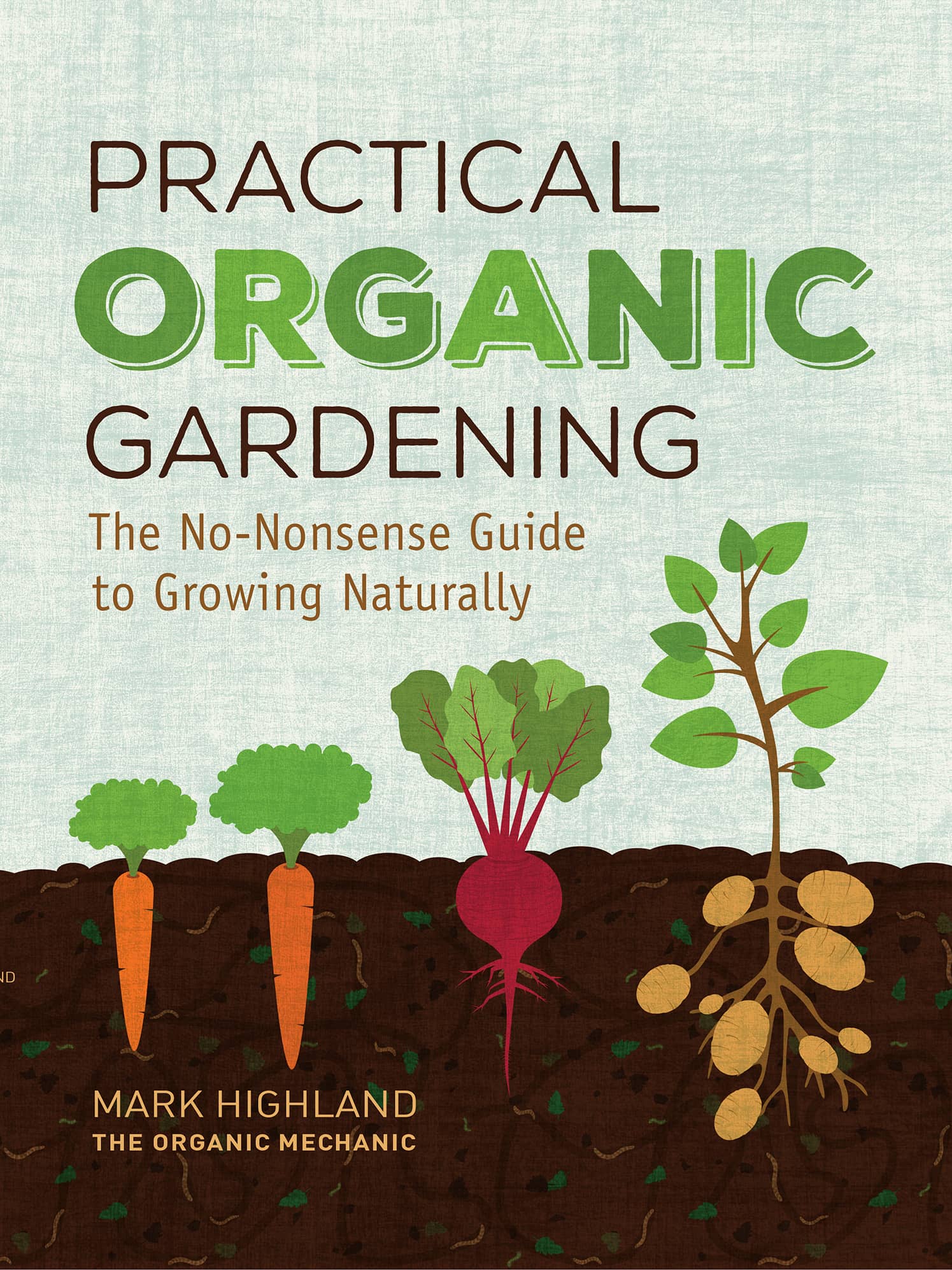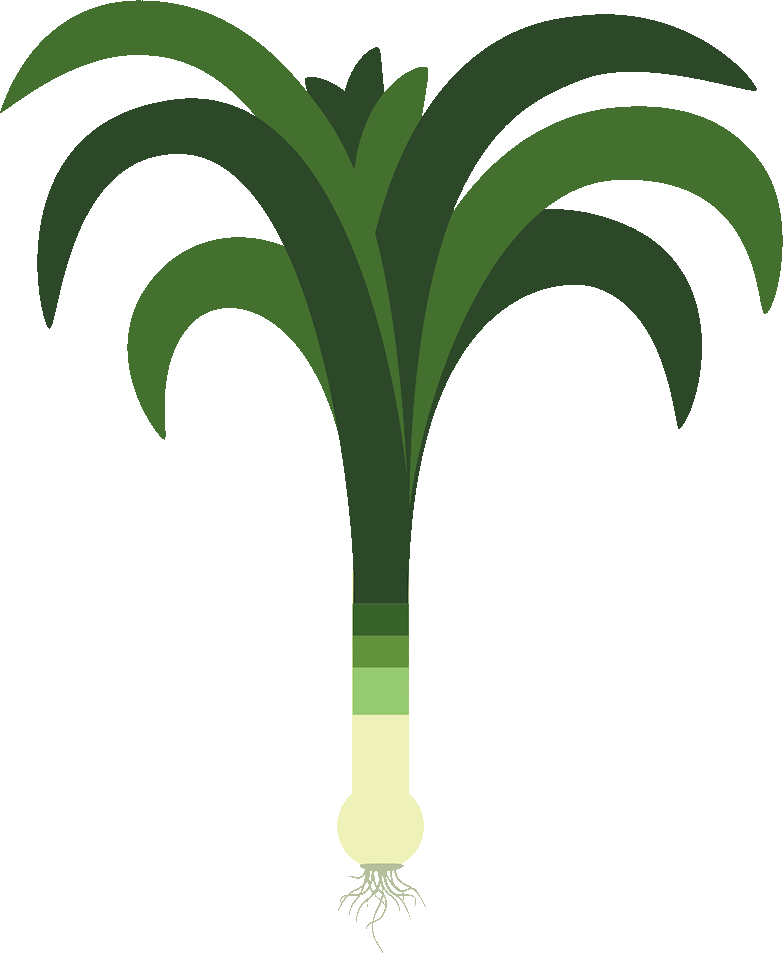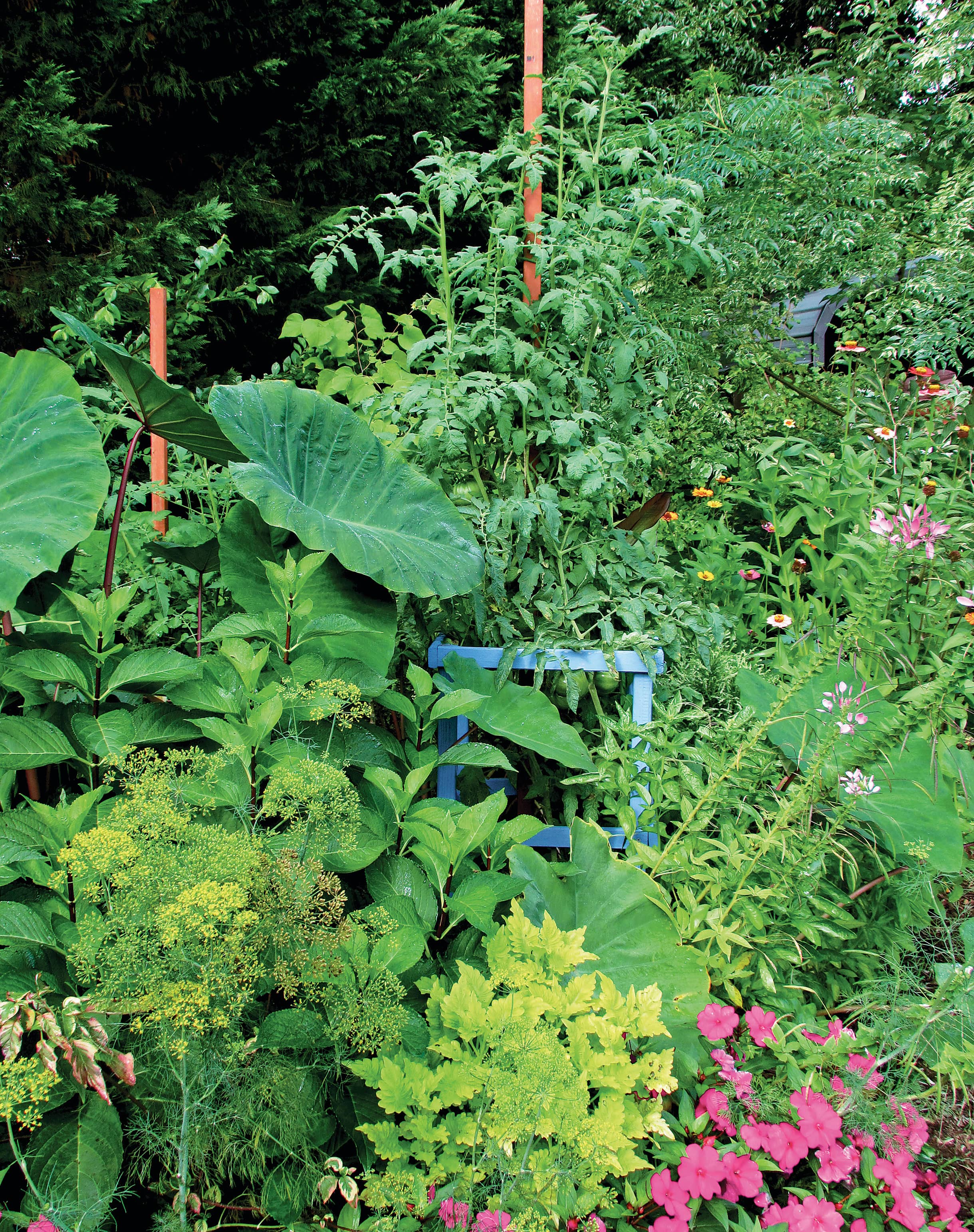Civilizations have gardened for millennia. Ever since the first domestication of plantsthe point where people realized they could plant seeds and tend them into productive growth rather than just forage randomlypeople have been farming in some fashion to support their own sustenance.
It was farming that allowed civilization to develop initially because it allowed tribal units to remain in the same place rather than moving about constantly, as was true in the hunter/gatherer stage of human history.
Without food, we have no chance of existence on the planet, and without farmers we have no food. This primal, basic need for food gives us a stronger primal connection to agriculture and gardening than to any other industry or pastime.
Grow your entire garden and landscape organically. Dont just limit organic methods to the vegetable garden.
In the early centuries of farming/gardening, all practices were organic in that providing nutrients for plants and controlling diseases and pests were done with naturally occurring substances. Insect pests were either killed by hand or perhaps by encouraging natural predators. Early farmers learned that rotating crops kept soil from wearing out, and that fertilizing with decaying organic (formerly living, carbon-based) material would rejuvenate soil and cause plants to grow better.
It was not until farming became a commercial enterprise and technology developed to a point where specialized chemicals could be refined that farming and gardening entered the non-organic stage. Highly artificial pesticides and fertilizers came into widespread use in the mid-nineteenth century, when John Bennet Lawes, a British entrepreneur, patented the first artificial manure by treating phosphates with sulfuric acid in 1842. As societys skill with refining chemicals increased over the next 100 years, so did the use of synthetic chemicals to jolt plants into greater growth and kill insect pests in prodigious numbers.
In the years just prior, during, and after World War II, synthetic pesticides came into widespread use to join synthetic fertilizers. Initially, the world believed it had found a non-toxic solution to pest control that increased yields by killing insects. Soon, though, we would begin to recognize this as hopeful but misguided. Pesticides began to accumulate in animal tissues and research would soon show that these chemicals had devastating effects on humans and wildlife. But this recognition would take several decades to become well known.
By a measure of sheer volume, the quantities of synthetic chemicals used on agricultural crop fields worldwide has steadily increased since the mid-1800s, and continues to increase to the present day, with usage exploding exponentially over the last 50 years, largely because previously underdeveloped areas of the world are now adopting more modern farming techniques. So it is clearly a hopeful error to imagine that organic farming practices are now somehow beginning to reverse the trend toward synthetic chemical use.
Yet as far back as the early 1900s, when the use of synthetic chemicals was just gaining steam, there were people recognizing the harmful effects of their use and attempting to counteract their effects. A movement called biodynamic agriculture came into vogue in 1924 in response to farmers who were noticing the ill effects of chemical use on their crops and livestockand on the health of their families.
This movement toward natural farming has never waned and in fact has evolved into todays organic farming/gardening movementin direct proportion to the increasing use of synthetic chemicals on a large scale.
Today, the interest in organic farming and gardening techniques is at an all-time high and growing. Most supermarkets have robust sections of their stores devoted to organically grown produce, and for home gardeners, growing their own organic produce has become the most popular and rapidly growing segment of the gardening market.
It should be noted that this book will focus on organic horticulture as it applies to the home gardener. Organic gardening is not the same as organic farming, which takes place on a much larger scale. While they share many of the same tenets, organic gardening and organic farming are not the same. This book focuses on practical organic gardening, so the advice and techniques described herein are for the backyard organic gardener.
Organic gardening improves the health of the broader ecosystem surrounding your home and landscape.
The Renaissance of Organic Gardening
The modern era of organic consciousness perhaps began with the publication of Silent Spring, the book that deserves the most credit for documenting the changes occurring in agriculture and nature during this postWorld War II era. As the name of the book implies, the author, Rachel Carson, wrote about the disintegration and eventual loss of natures usual symphony orchestrated in springtime. From birds to frogs to insects, the natural world had grown considerably quieter after just over a decade of rampant pesticide use. Bird populations declined, insect populations declined, and the average backyard took on an eerie silence.
Back then, companies were promoting pesticides as the perfect solution to make peoples lives better. This is a time when children innocently played in clouds of DDT vapor as city crews drove through the streets in tanker trucks spraying clouds of pesticides to control disease-causing mosquitoes.
In many cases, they were correct in saying human life was made better through discoveries in chemistry. There are many applications for chemistry that do not involve organic gardening that have improved quality of life for humans on this planet. The widespread use of plastic building materials has reduced devastation of forests, for example. Of course, there are also examples of how chemistry has decreased quality of life for us in our daily livespollutants off-gassing from materials in our homes and offices, spewing out of our transportation system, and residing in the conventional food we eat. Even organic farms rely on chemistry in more than a few waysdiesel for fuel, plastic covering for greenhouses, plastic-based covers for protecting crops from winters cold, and other chemistry-based technologies that help organic gardeners and farmers produce food.
Native plants are important components of organic gardens, helping to tie the tended landscape to its surrounding natural ecosystem.
Chemistry itself is not the enemy, but chemicals that degrade soil, water, and air quality should all be examined closelyas we finally realized in the late 1960s when we saw that bald eagles were disappearing from our landscape; that no longer were the warm summer evenings filled with the flicker of fireflies and the chirping of tree frogs; that some once-plentiful songbirds had become rare sights; that local farmers and others were being stricken with unusual cancers and other diseases.


